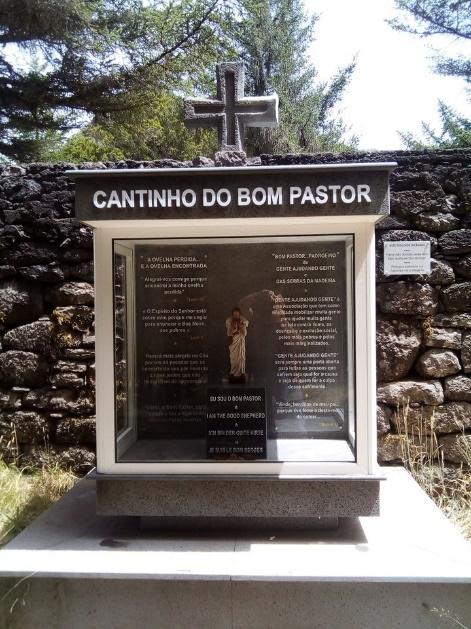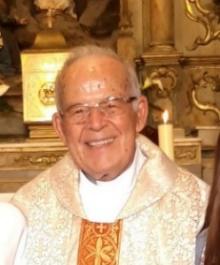by Fr. Bernardino Andrade
(bernardinodandrade@gmail.com)
FROM A MELTING POT TO A MOSAIC
When in 1974 I arrived in the USA it was very popular the concept that «America is a melting pot». I used to hear that in songs, in churches, in schools, in restaurants, in the streets and so on. «You come to America you are supposed to talk, to live, to sing, and even to pray like Americans». Many immigrants changed their names in order to be, and to look more like Americans. It was like making a fruit juice. I put in the same juice-maker strawberries together with mangos, plums and whatever kind of fruit I want and I get just one kind of juice. I admit that it is good but I don’t even care to know what it is as long as it is for my benefit. This is the «melting pot» mentality.
A Mosaic with different colours, different kinds of food, different ways of praying and dancing …
I still remember the joy I felt in 1976 when America celebrated 200 years of independence. To celebrate that event the Bishops of the USA wrote a very welcoming letter. And in that letter they tried to change the mentality of a «melting pot» to a «mosaic». America is a «mosaic». It is a mosaic with different colors, different kinds of food, different ways of praying and dancing, different languages and different cultures. We started realizing that differences are not a problem but a blessing. Before leaving my Parish I was saying seven Masses every weekend. It was three in English, three in Spanish and one in Portuguese. My former Diocese of Oakland designed its new logos: «DIOCESE OF OAKLAND: ONE TREE WITH MANY BRANCHES». This has been always my vision: to build unity in diversity.
ONE OF MY PLANS
One of my plans is to contact the office of Tourism and Immigration in Funchal and try to find out how many cultures, languages, races, religions and countries are represented in this considered small Island of Madeira.
Just a few days ago I had the privilege of having a «cup of coffee» with a member of the Muslim Community and two days later another privilege of having a «cup of coffee» with a member of the Gypsy Community. And we are planning more «cups of coffee». How many things we have in common, however how distant we are from one another. When I shared the experience with a friend of mine he said: «I have never seen a Muslim in my entire life».
THE GOOD SHEPHERD IN BICA DA CANA

This coming Saturday, September 12, our Bishop of Funchal is going to the hills of Madeira, to a place called «Bica da Cana» (Paul da Serra) to bless and inaugurate the statue of the Good Shepherd. To all priests who celebrated their 25th or 50th anniversaries of ordination our Bishop used to offer the statue of the Good Shepherd. It was my privilege to offer this same statue to a public place where people could be inspired by one of the most moving stories of the Gospel, usually known by the name of the «Lost Sheep» (Luke 15). The civil authorities will be present. We decided to give to this humble and simple construction the name of «Cantinho do Bom Pastor» that means the «Corner of the Good Shepherd».
In this simple celebration of Mass and Blessing I am trying to involve Protestants, Muslims, Gypsies and Catholics of course. I wish we could get more. ALL ARE INVITED. Precautions to avoid corona virus contamination are going to be taken.
Fr. Bernardino Andrade
September 6th, 2020
“CANTINHO DO BOM PASTOR” – Inauguration on September 12th
by Fr. Bernardino Andrade
(bernardinodandrade@gmail.com)

